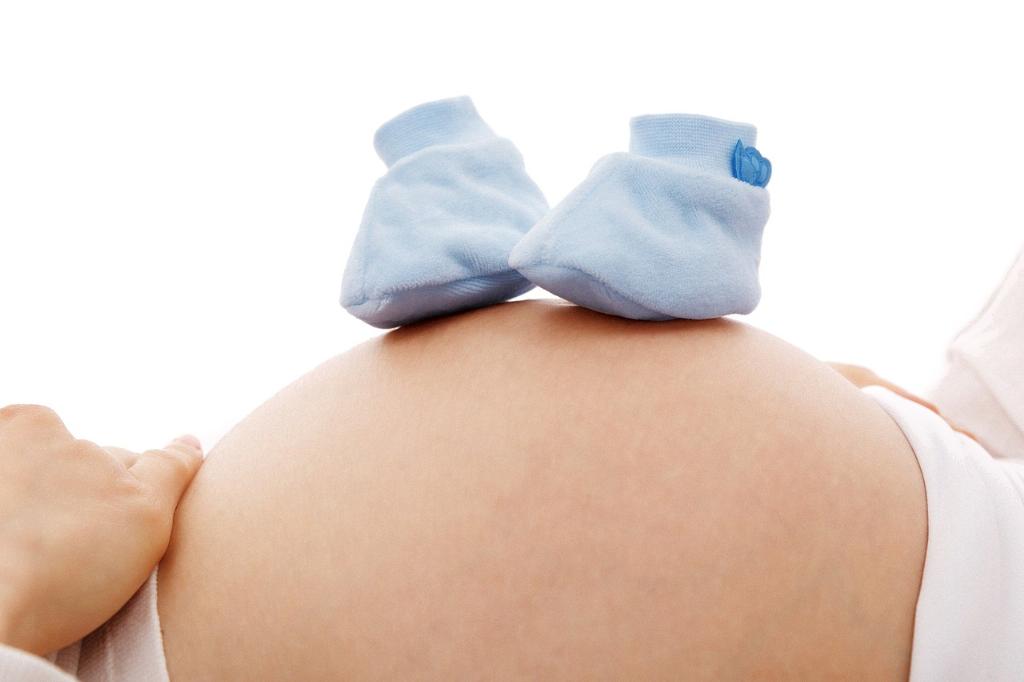Back pain is a common discomfort experienced by many pregnant women. The growing uterus, hormonal changes, weight gain, and altered posture can all contribute to back pain during pregnancy. It is essential to distinguish between regular back pain during pregnancy and back labor pain signaling the onset of labor.
Back Labor Pain vs. Regular Back Pain
Back labor pain is a specific type of pain experienced in the lower back during labor. This pain is often intense and may feel different from regular back pain. It typically occurs when the baby’s head presses against the mother’s spine during contractions. On the other hand, regular back pain during pregnancy can vary in intensity and may be due to factors such as muscle strain, ligament stretching, or poor posture.
Timing of Back Pain
Back labor pain typically occurs during active labor when the cervix is dilating. It is a sign that labor is progressing, and the baby is moving down the birth canal. In contrast, regular back pain during pregnancy can occur at any time and may be constant or intermittent throughout the day.
Signs of Labor
While back pain can be a sign of labor, it is not the only indicator. Other signs of labor include regular contractions, the rupture of membranes (water breaking), and a thick, pinkish discharge (bloody show). If you are experiencing these signs along with back pain, it may indicate that labor is imminent.
Preterm Labor Concerns
If you experience sudden or severe back pain before 37 weeks of pregnancy, it may be a sign of preterm labor. Preterm labor is when labor begins before 37 weeks of gestation and can lead to complications for both the mother and baby. It is crucial to contact your healthcare provider immediately if you have concerns about preterm labor.
When to Contact Your Doctor
If you are unsure whether your back pain is related to labor or have any concerns about your pregnancy, it is always best to contact your healthcare provider. They can evaluate your symptoms, perform necessary tests, and provide guidance on the next steps to ensure the health and safety of you and your baby.
Managing Back Pain During Pregnancy
Regardless of whether your back pain is related to labor, there are ways to manage discomfort during pregnancy. Practicing good posture, regular exercise, gentle stretching, using supportive pillows, and applying heat or cold packs can help alleviate back pain. Additionally, prenatal massages and chiropractic care may offer relief for some women.
Preparing for Labor
As your due date approaches, it is essential to prepare for labor and delivery. Attend childbirth classes, create a birthing plan, pack your hospital bag, and discuss any concerns or preferences with your healthcare provider. Being informed and proactive can help you feel more confident and empowered as you navigate the final stages of pregnancy.
Listen to Your Body
Every pregnancy and labor experience is unique, so it is essential to listen to your body and trust your instincts. If you believe that your back pain is a sign of labor or if something doesn’t feel right, do not hesitate to seek medical attention. Your healthcare team is there to support you and ensure a safe delivery for you and your baby.
Final Thoughts
While back pain can be a common discomfort during pregnancy, it does not always indicate that labor is imminent. Understanding the differences between back labor pain, regular back pain, and preterm labor symptoms can help you navigate your pregnancy journey with confidence and peace of mind. Remember to prioritize self-care, communicate openly with your healthcare provider, and trust in your body’s ability to bring new life into the world.

